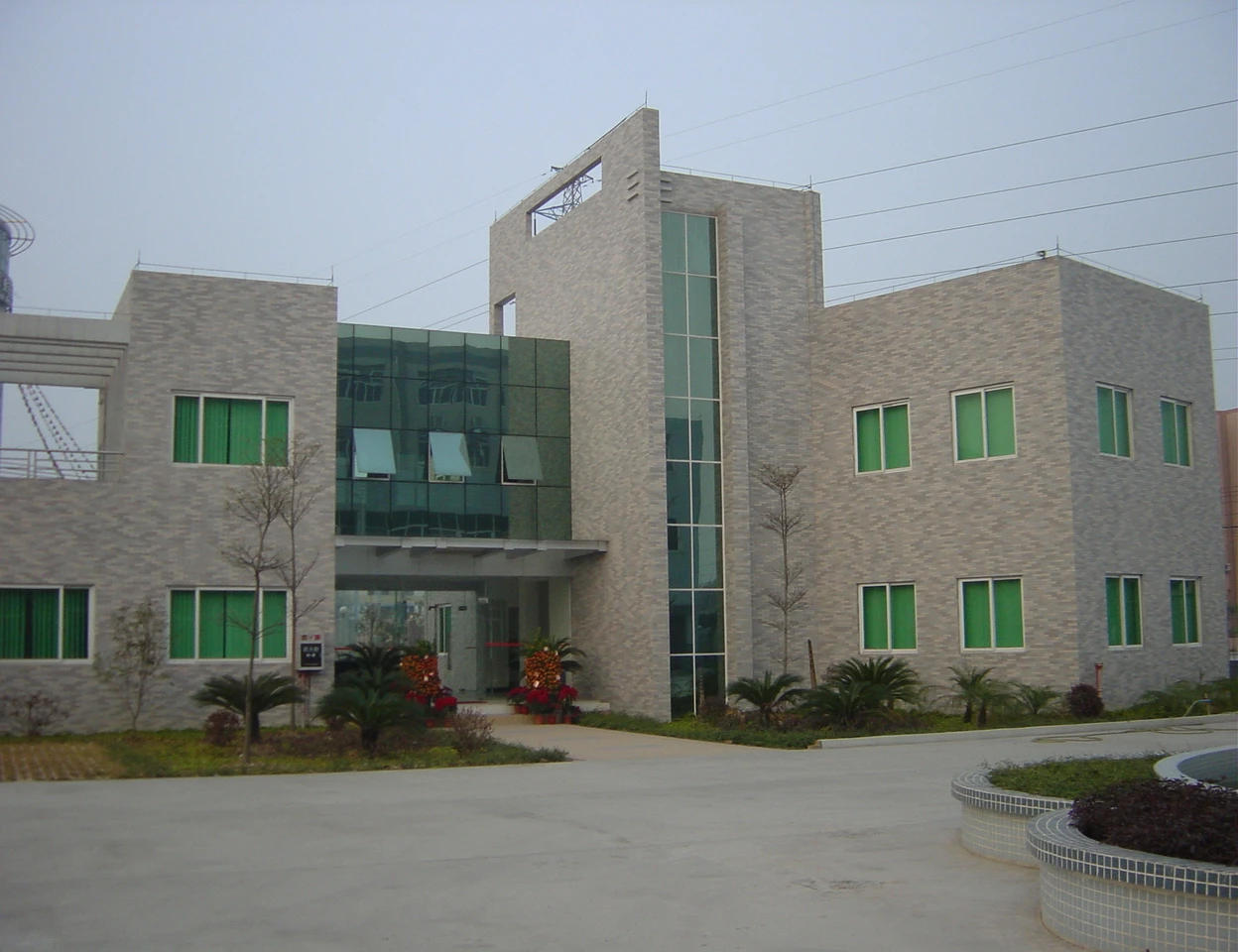



Exploring the Impact of Agrochemicals on Pesticide Use and Agricultural Practices
The Role of Pesticides and Agrochemicals in Modern Agriculture
Pesticides and agrochemicals play a critical role in contemporary agriculture, significantly influencing crop production, food security, and pest management. As the global population continues to grow, the demand for food increases, necessitating the use of various agricultural practices to maximize yield and sustain agricultural systems. However, the application of pesticides and other chemical agents raises important questions regarding environmental sustainability and human health.
The Importance of Pesticides
Pesticides are substances used to prevent, destroy, or control harmful organisms that threaten crops and livestock. They can be classified into different categories, including herbicides, insecticides, fungicides, and rodenticides. Each type targets specific pests, helping to safeguard crops from diseases and infestations that could otherwise compromise food production.
The benefits of using pesticides are evident they have allowed farmers to manage pests more effectively, thus increasing crop yields. By protecting crops from pests that consume or damage them, pesticides contribute to more reliable food production. According to the Food and Agriculture Organization (FAO), the global use of pesticides has led to substantial increases in agricultural productivity, allowing farmers to produce more food on less land.
Agrochemicals and Fertilizers
In addition to pesticides, agrochemicals encompass a broad range of substances used in agriculture, including fertilizers and soil conditioners. Fertilizers provide essential nutrients to crops, promoting growth and enhancing soil fertility. The synergy between pesticides and fertilizers is vital in ensuring that crops reach their full potential. A well-nourished plant is more resistant to pests and diseases, which creates a feedback loop that benefits both crop health and farmer productivity.
However, while the use of fertilizers can improve crop yield, there is a fine line between beneficial application and environmental harm. Overuse of chemical fertilizers can lead to nutrient runoff into local waterways, causing eutrophication and harming aquatic ecosystems. Sustainable practices, such as precision agriculture and integrated pest management, aim to mitigate these risks by ensuring that chemicals are used judiciously and in conjunction with biological controls.
pesticide agro chemicals

Environmental Concerns
The environmental impact of pesticides and agrochemicals is a significant concern. Pesticides can harm non-target species, including beneficial insects, birds, and aquatic organisms. The development of pesticide resistance among pests is another challenge that can reduce the effectiveness of these materials over time. This cycle creates a heavier dependency on chemical solutions and necessitates the continuous introduction of new pesticides, which can further exacerbate environmental problems.
Moreover, there are rising concerns regarding the potential health risks posed to humans by pesticide exposure. Pesticides can enter the food chain, and residues may remain on crops even after harvesting. Regulatory agencies worldwide strive to establish safe levels of pesticide residues, but the public remains cautious about the safety of their food. As a response, there has been a growing movement towards organic farming practices, which eschew synthetic pesticides and fertilizers in favor of natural alternatives.
The Path Forward
In light of these challenges, the future of pesticides and agrochemicals lies in balancing agricultural productivity with ecological sustainability. Innovations in biotechnology, such as genetically modified organisms (GMOs), offer potential solutions by creating crops that are more resistant to pests and diseases, thereby reducing the need for chemical interventions. Additionally, precision agriculture technologies enable farmers to apply pesticides and fertilizers more effectively, targeting specific areas and using only the necessary amounts.
Moreover, education and training for farmers about integrated pest management (IPM) can help them adopt more sustainable practices. IPM emphasizes the use of biological controls, cultural practices, and minimal chemical interventions, fostering a holistic approach to pest management.
Conclusion
In conclusion, while pesticides and agrochemicals are indispensable tools for modern agriculture, their use must be carefully managed to protect human health and the environment. Striving for sustainable agricultural practices that incorporate the advantages of these chemicals while minimizing their adverse effects will be crucial in meeting future food demands while preserving ecological integrity. As we move forward, the collaboration of scientists, policymakers, and farming communities will be essential in shaping a more sustainable agricultural landscape.
-
Why Sodium Persulfate Is Everywhere NowNewsJul.07,2025
-
Why Polyacrylamide Is in High DemandNewsJul.07,2025
-
Understanding Paint Chemicals and Their ApplicationsNewsJul.07,2025
-
Smart Use Of Mining ChemicalsNewsJul.07,2025
-
Practical Uses of Potassium MonopersulfateNewsJul.07,2025
-
Agrochemicals In Real FarmingNewsJul.07,2025
-
Sodium Chlorite Hot UsesNewsJul.01,2025










